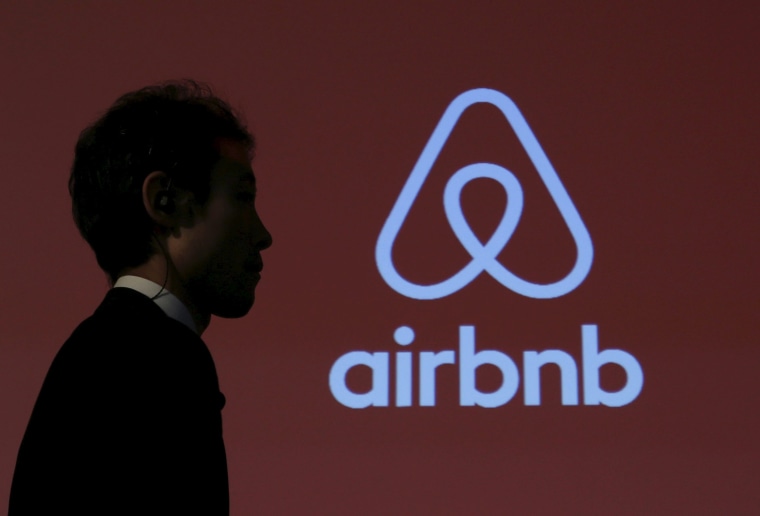As the refugee crisis was unfolding in Europe last year, the social impact team at professional networking site LinkedIn had an idea: why not use its expertise to connect the new arrivals with companies willing to employ them?
Early this year, LinkedIn launched "Welcome talent", a micro-site in English and Arabic that puts migrants to Sweden - which took in 163,000 asylum seekers in 2015 - in touch with local companies offering internships and jobs.

The Silicon Valley tech firm is exploring the potential to expand the pilot project, which advertises some 400 jobs, and says it was not a one-off.
Using its assets of data and human capital, LinkedIn has also taken up a matchmaking role in connecting experts with organizations involved in response to disasters such as earthquakes, when the need for professionals peaks.
"We're really focused on using what LinkedIn is already good at," said Maryam Ghofraniha, the company's head of global partnerships.
"We can't respond to every single disaster that takes place every day and we're likely to get involved where LinkedIn's core strength is going to make an impact."
How technology can be put to better use to improve crisis response will be a key theme at the World Humanitarian Summit in Istanbul next week, where a Global Alliance for Humanitarian Innovation will be launched.
LinkedIn is not the only company in the technology sector offering its business strengths in support of emergency aid.
In 2013, apartment-letting website Airbnb launched a tool allowing its hosts to offer free accommodation to disaster survivors and people aiding them. It was recently used to help those affected by April's earthquakes in Japan and Ecuador.
"We try to activate it within the first 24 to 72 hours of an event," said Kellie Bentz, Airbnb's head of global disaster relief. "We're still working through our process because we basically want enhancements to the product."
The tech sector's push to improve and innovate attracted the attention of the U.N. Office for the Coordination of Humanitarian Affairs (OCHA).
"We are serving people but coming from a different angle," Alexandra Sicotte-Levesque, OCHA's global adviser on community engagement, told the Thomson Reuters Foundation.
Often aid agencies approach the people they help as recipients rather than customers. "So I think we have a lot to learn from the private sector," she added.
While aid workers and tech entrepreneurs often don't speak the same language, OCHA hopes that collaborating with Silicon Valley high-flyers will bring something new to the way humanitarians operate: an open mindset that delivers what people really need when a crisis hits.
A year ago, OCHA and other U.N. agencies talked to between 25 and 30 tech companies, including Airbnb, LinkedIn, Twitter, Facebook and Google. The consultations resulted in the creation of an informal group to determine how they could best team up to improve disaster response.
"Humanitarian response sometimes is ... low-tech," Sicotte-Levesque said. "We need to think much more strategically about what they can bring to the response."
Reporting by the Thomson Reuters Foundation, the charitable arm of Thomson Reuters.
